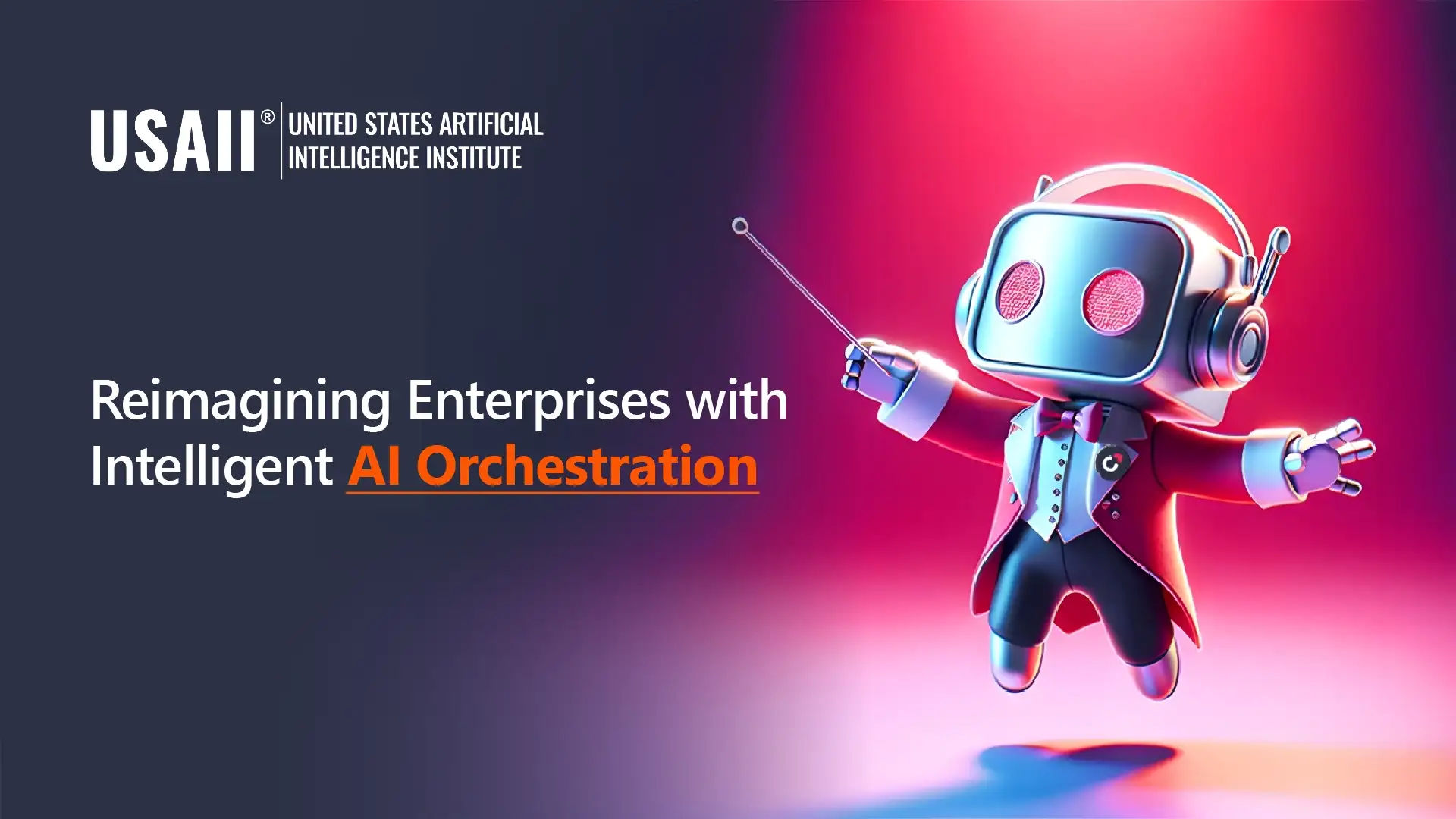
The rapid evolution of artificial intelligence is revolutionizing enterprise operations, enabling smarter workflows, improved decision-making, and seamless system integration. This article introduces the Enterprise Agentic AI Orchestration Platform, a comprehensive solution that unifies AI-as-a-Service (AIaaS), Agentic AI, and Retrieval-Augmented Generation (RAG) technologies. Designed to empower both technical and non-technical users, this platform enables autonomous workflow creation, multi- agent collaboration, and real-time integration with corporate data sources. By leveraging intuitive interfaces and pre-built connectors, organizations can optimize workflows, extract actionable insights, and ensure robust compliance. This platform addresses longstanding challenges such as workflow fragmentation, knowledge silos, and static automation. The platform’s unique features, including multi-agent collaboration and advanced error handling, position it as a transformative force for enterprises seeking scalable, adaptable, and user-friendly AI solutions.
Background/Context
Across industries, enterprises face mounting pressure to streamline operations, break down silos, and respond rapidly to evolving market needs. However, many organizations remain hampered by several key challenges:
These challenges impede operational efficiency, increase compliance risks, and frustrate users—especially non-technical staff who find traditional automation tools complex and inaccessible.
Role of AI in Business Transformation
AI is fundamentally reshaping business processes by introducing adaptive, context-aware automation and intelligent decision support. The Enterprise Agentic AI Orchestration Platform embeds intelligent agents into core business functions, enabling:
By enabling natural language interaction and contextual understanding, the platform empowers users to initiate, modify, and monitor workflows through familiar interfaces like Microsoft Teams and Slack, democratizing access to AI-driven automation.
Use Cases and Success Stories
The platform’s versatility supports a range of high-impact applications:
Pilot deployments have demonstrated measurable benefits, including a 30% reduction in manual workflow creation time and a 25% improvement in conversational AI accuracy within the first year.
Challenges in Adopting AI
Despite its promise, AI adoption in enterprises faces several barriers:
The proposed platform addresses these challenges by focusing on:
Future Trends and Recommendations
Looking ahead, several trends will shape the next wave of AI-driven business transformation:
Enterprises should prioritize platforms that balance flexibility with governance, enable seamless integration, and empower users at all skill levels. Investing in adaptive, agentic AI solutions will position organizations to respond dynamically to change and unlock new efficiencies.
Conclusion
The Enterprise Agentic AI Orchestration Platform represents a significant leap forward in enterprise automation, combining AIaaS, Agentic AI, and RAG to deliver scalable, adaptable, and user-friendly solutions. By bridging siloed systems, enabling intelligent automation, and ensuring robust governance, the platform empowers organizations to achieve operational excellence, regulatory compliance, and user satisfaction. Enterprises are encouraged to embrace this new paradigm, piloting agentic AI solutions to drive responsible, transformative change across their operations.
Follow us: